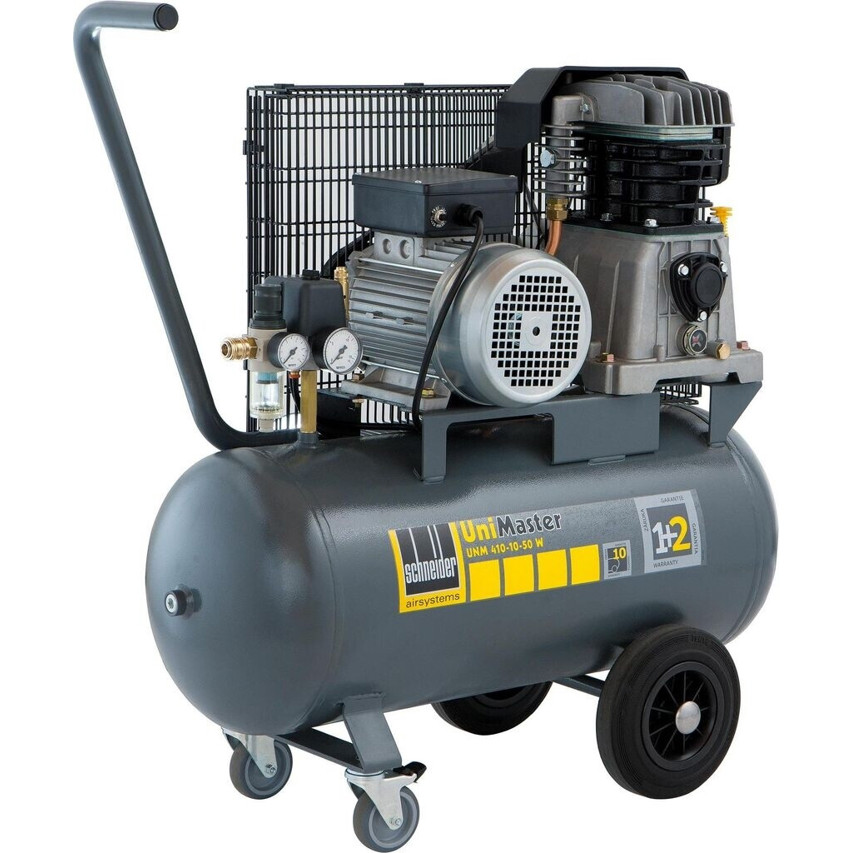A Peek At The Secrets Of Buy A Compressor For The Garage

Buy a Compressor for the Garage: A Guide to Choosing the Right One
A garage is more than just a storage unit or parking space; it's a workshop, a repair work station, and in some cases, even an imaginative studio. One tool that can significantly enhance its functionality is a compressor. Whether you're pumping up tires, powering pneumatic tools, or painting with precision, a compressor is a versatile financial investment. This post explores the necessary factors to consider when buying a compressor for your garage, its usages, and some often asked questions.
Understanding Compressors
What is a Compressor?A compressor is a device that converts power (utilizing an electric motor, diesel, or gas engine) into possible energy kept in pressurized air. This compressed air can then power different tools and equipment, making it a staple for lots of garage lovers.
Kinds of Compressors
The initial step in selecting the right compressor is comprehending the types available. There are several types, each matched for different applications:
| Type | Description | Perfect Uses |
|---|---|---|
| Piston (Reciprocating) | Uses a piston to compress air | General-purpose, medium-duty jobs |
| Rotary Screw | Utilizes two rotors to compress air continually | Industrial applications, high-duty use |
| Diaphragm | Utilizes a diaphragm to compress air | Low-volume jobs, such as paint spraying |
| Portable | Lightweight and typically battery-powered | Pumping up tires, powering small tools |
| Oil-Free | No oil is utilized in the compression process | Minimal maintenance, clean environments |
Secret Factors to Consider
Source of power
- Electric: Ideal for indoor use, generally quieter, and needs less upkeep.
- Gasoline/Diesel: More effective and portable, but noisier and not appropriate for indoor usage.
Horsepower (HP)
- A greater horse power ranking typically indicates more power and faster healing time, but consider your need thoroughly, as greater HP generally indicates a higher cost.
CFM (Cubic Feet per Minute) Rating
- This shows the compressor's air shipment capability. Tools have different CFM requirements, so ensure the compressor satisfies these for your designated uses.
Tank Size
- Larger tanks save more compressed air and lower the need for the compressor to run continuously. Consider your use period: larger tanks are ideal for extended jobs.
Mobility
- Depending on whether you require to move your compressor around the garage or to various job sites, consider weight, size, and wheel design for ease of transportation.
Recommended Compressors for the Garage
Here's a take a look at some popular compressor models that are well-regarded among enthusiasts and experts alike.
| Model | Source of power | CFM at 90 PSI | Tank Size | Price Range | Perfect For |
|---|---|---|---|---|---|
| DeWalt D55146 | Electric | 5.0 | 4.5 Gallons | ₤ 350 - ₤ 400 | General purpose, framing nailers |
| Makita MAC2400 | Electric | 4.2 | 4.2 Gallons | ₤ 300 - ₤ 350 | Indoor usage, low sound |
| California Air Tools 6010L | Electric | 3.10 | 6.0 Gallons | ₤ 200 - ₤ 250 | Low noise, little jobs |
| Porter-Cable PXCMLC3708106 | Electric | 3.7 | 6.0 Gallons | ₤ 200 - ₤ 250 | Budget-friendly, DIY jobs |
| Bostitch BTFP3KIT | Electric | 3.2 | 6.0 Gallons | ₤ 150 - ₤ 200 | Flexible use, nail weapons |
Budgeting for a Compressor
When budgeting for a garage compressor, think about the following:
- Initial Cost: Prices can vary significantly based upon the type, brand name, and specifications of the compressor. Generally, expect to pay in between ₤ 150 and ₤ 1,500.
- Upkeep Costs: Regular upkeep like oil changes (if applicable) and regular part replacements can sustain additional expenses.
- Usage Costs: Consider the energy consumption of the compressor. An electric model will have a slight increase in your power costs, while gas designs have fuel expenses.
Frequently Asked Questions (FAQ)
1. Can I utilize a compressor inside?
Yes, however it depends on the type. Electric compressors are typically safe for indoor use as they do not release exhaust fumes. Gas or diesel designs must only be utilized outdoors.
2. What Kompressor 100l Kaufen do I require for air tools?
The size depends on the tools you plan to use. Typically, many air tools need a compressor that can provide between 4 and 7 CFM at 90 PSI. Constantly examine your person tools' specifications for their particular requirements.
3. How do I keep my compressor?
Maintenance consists of checking and altering the oil (for oil-lubricated designs), cleaning the air filter, draining the tank periodically to prevent moisture accumulation, and examining tubes and fittings for leakages.
4. Are oil-free compressors worth it?
Oil-free compressors are hassle-free as they need less upkeep and are cleaner for applications like painting. Nevertheless, they may not last as long as oil-lubricated designs under heavy use.
5. What can I power with a compressor?
Compressors can power different tools, including impact wrenches, nail weapons, spray guns, mills, and even blowers. They are extremely flexible for both vehicle and DIY applications.
Purchasing a compressor can significantly boost the energy of a garage, turning it into a dream work space for both lovers and specialists. Despite the tasks you undertake, selecting the right compressor based on your power source, size needs, and specific applications will guarantee you get the finest value for your cash. With this guide and the outlined alternatives, you are fully equipped to make an informed purchase decision and unleash the full capacity of your garage.

